|
The pandemic blurs time, but looking back on the Arts and Education stories we published this year helps punctuate 2021.
In Education, some popular stories covered how the pandemic is affecting short-term decisions and policy — and what’s at stake for future generations. Around Ottawa’s early learning and child care 2021 announcement, authors wrote about what high-quality early childhood education looks like, and why the outdoors must be part of it.
Equally important (and widely read) as headline-parsing stories were those illuminating vital but marginalized historical insights. Authors examined how the growth of public schooling was connected to the rise of the Indian Residential School (IRS) system, designed to destroy collective Indigenous identity and assimilate Indigenous children, and how and anti-Black racism in Ontario schools is connected to a history of
segregation.
After the discovery of 215 unmarked graves at the former Kamloops IRS, authors examined refusals and denialism in confronting the residential school legacy, and what to do about it — an urgent question in light of generations of Indigenous advocacy and Canada’s Truth and Reconciliation 2015 report.
In Arts, authors highlighted how structural barriers and inequities affect funding for artists and creative practitioners and how artists imagine new futures. They explained meanings that might otherwise slide under the radar in popular media, visual culture, fashion and political language. As Canada’s Juno Awards celebrated 50 years, seven academics took time to consider how they remember hit Canadian singles, something that still makes me smile.
I’m grateful for the tenacity, generosity and patience of authors and colleagues at The Conversation Canada in working collaboratively to generate ideas and develop and fine-tune stories. In particular, Arts and Education coverage has been shaped for the better by the work of Vinita Srivastava and the Don’t Call Me Resilient podcast team, who have produced stories resonating with all editorial desks that inspire and challenge closer listening and reading related to race and critical perspectives — so important for our shared futures.
Please keep in touch with your story ideas.
|
Year in Review: Education + Arts
|
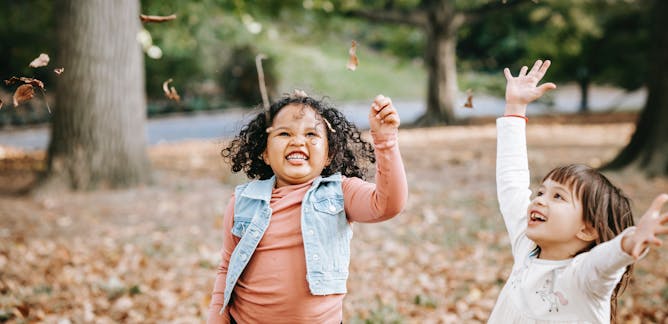
Christine Alden, University of Toronto
Planning outdoor early learning and child care has implications for training and recruiting educators as well as for planning, developing and funding physical spaces.
| |
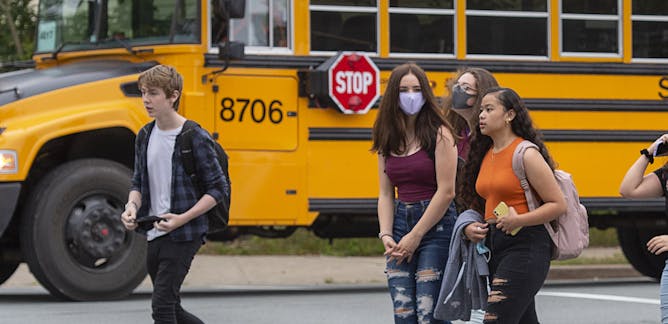
Lana Parker, University of Windsor
A policy of “choice” for full-time online schooling would weaken public education, erode funding for in-classroom supports and drive those who can afford it to private education.
|
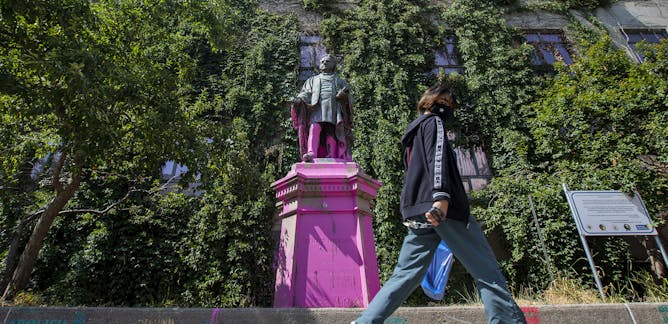
Hunter Knight, University of Toronto
Let’s not ignore how the racist philosophy behind residential schools shaped mainstream education. Ryerson foresaw Canada’s continuing evolution into a “civilized,” white, culturally British nation.
| |
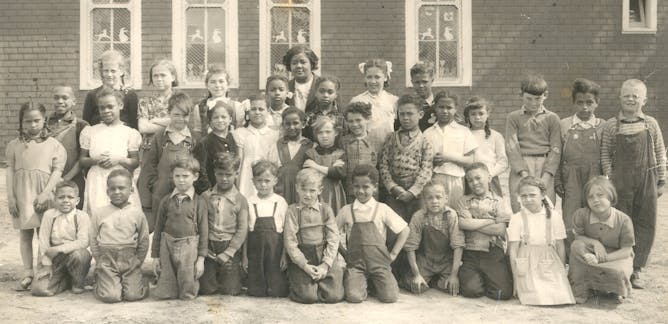
Funké Aladejebi, University of Toronto
An 1850 act permitted the creation of separate schools for Protestants, Catholics and for any five Black families. Some white people used the act to force Black students into separate institutions.
|
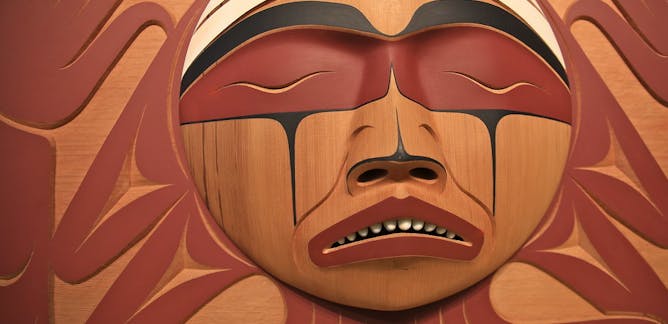
Daniel Heath Justice, University of British Columbia; Sean Carleton, University of Manitoba
Residential school denialism is the rejection or misrepresentation of basic facts about residential schools to undermine truth and reconciliation efforts.
| |
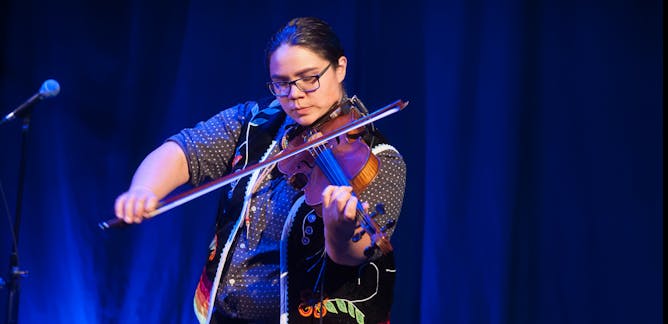
Daniel Fischlin, University of Guelph; Jesse Stewart, Carleton University; Laura Risk, University of Toronto
Meditations on improvisation in a year of both COVID-19 and what some called ‘the other pandemic’ of racism push us to go deeper to find ways to sustain healthy public common life.
|
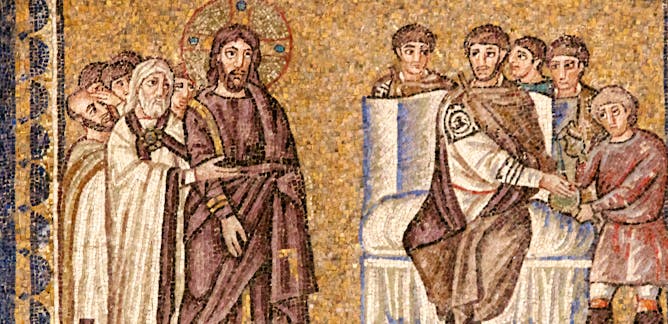
Tony Keddie, University of British Columbia
The expression to “wash one’s hands of responsibility” comes from Christian scripture and has been part of a toxic legacy of blaming Jews for Jesus’s death.
| |
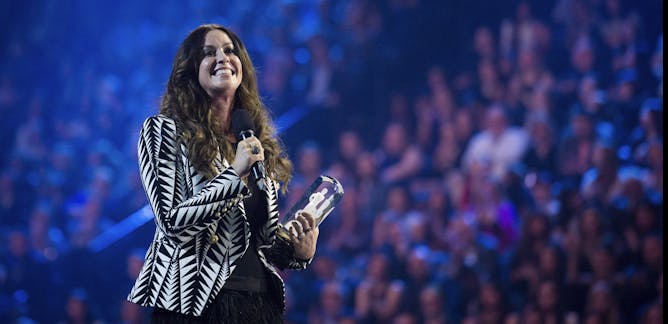
Robbie MacKay, Queen's University, Ontario; Armand Garnet Ruffo, Queen's University, Ontario; Kip Pegley, Queen's University, Ontario; Rebecca Draisey-Collishaw, Queen's University, Ontario; Robert Morrison, Queen's University, Ontario; Tamar Faber, York University, Canada; Vershawn Ashanti Young, University of Waterloo
Known variously in Juno history as ‘Best Single,’ or ‘Best-Selling Single,’ and now ‘Single of the Year’ this award always garners attention. Reflections on select singles since 1979.
|

Deepali Dewan, University of Toronto
After an Indian politician disparaged a woman for her lack of morals because she was wearing ripped jeans, an online protest erupted, reviving the original protest-culture of the ripped jean.
| |
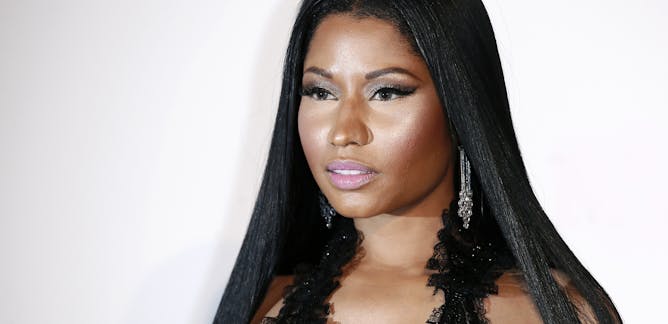
Sarah R. Olutola, Lakehead University
Nicki Minaj’s international anti-vaccine fiasco reveals the life-and-death stakes at the heart of normalizing a culture of fandom tribalism.
|
|
|